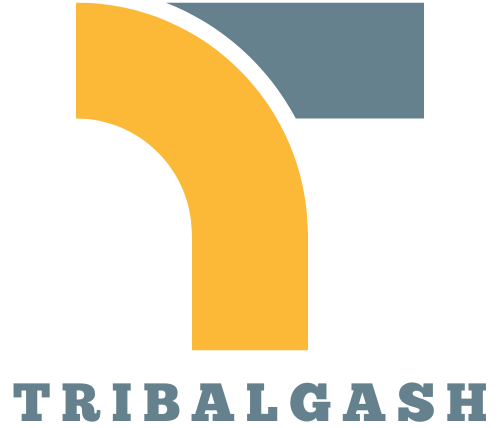Navigating your career can feel like trying to find a needle in a haystack, complicated, frustrating, and occasionally suffocating. But fear not. The career development process is like your GPS for success, guiding you through the twists and turns of professional life. It’s essential for anyone looking to advance in their career, whether they’re just starting out or climbing the corporate ladder. Let’s dig into this essential journey, because who doesn’t want to tackle career growth with confidence, and perhaps a bit of humor?
Table of Contents
ToggleUnderstanding Career Development

Career development is a lifelong process of managing learning, work, leisure, and transitions to move toward a desired future. It’s not just about job hopping or promotions: it’s about aligning one’s values, interests, and skills with the ever-evolving job market. At its core, the career development process involves understanding oneself: one’s strengths, weaknesses, passions, and aspirations. This self-awareness is foundational, allowing individuals to make informed choices that resonate with their personal and professional goals.
Importance of Career Development
Why should anyone bother with career development? For starters, investing in this process can dramatically influence job satisfaction. People who take their career development seriously often find themselves happier and more engaged in their jobs. Besides, it serves as a critical tool for career advancement. In a fast-paced job market, the ability to identify and cultivate skills is vital. By actively engaging in their career development, individuals position themselves as competitive candidates, prepared to exceed expectations and ready for challenges.
Stages of the Career Development Process
The career development process unfolds in several manageable stages. Understanding these can simplify what may seem overwhelmingly complex.
Self-Assessment in Career Development
This initial stage involves introspection. Individuals should ask themselves probing questions, like what are their skills, interests, and values? Tools such as personality assessments and skills inventories can aid in this self-discovery journey. Also, feedback from peers can provide valuable insights into how others perceive one’s strengths and weaknesses.
Setting Career Goals
Once individuals have a clearer sense of self, the next step is setting career goals. Effective goals are specific, measurable, attainable, relevant, and time-bound (SMART). They act as a roadmap, helping to dictate steps moving forward. For instance, someone who wants to switch fields may aim to acquire a specific certification within a year.
Exploring Career Options
Now that goals are in place, it’s time to explore options. This stage includes researching potential careers that align with one’s interests and goals. Networking, informational interviews, and job shadowing are effective strategies for gaining insight into various fields. Researching industry trends can also help in identifying emerging opportunities.
Developing Skills and Competencies
Skill development is critical to the career development process. Based on the career goals identified, individuals should map out specific skills necessary for their target roles. This may involve pursuing formal education, attending workshops, or engaging in self-directed learning. It is essential to remain adaptable, as the demand for skills in many industries evolves rapidly. Commitment to ongoing learning signals to employers that an individual is serious about their personal and professional growth.
Networking and Professional Relationships
Networking is another cornerstone of successful career development. It provides individuals with opportunities to connect with industry professionals, mentors, and peers. Building a robust professional network can lead to potential job opportunities and valuable advice. Attending industry conferences, joining professional associations, or even utilizing platforms like LinkedIn can all help networking efforts. Remember, it’s not just about who you know: it’s about who knows you and understands your capabilities.
Navigating Career Transitions
Transitions can be daunting. Whether an individual is switching careers, returning to work after a break, or looking to advance within their current field, understanding how to navigate these changes is crucial. Individuals should rely on their self-assessment and skills development to approach transitions confidently. Seeking guidance from mentors during such periods can provide clarity, reducing the stress associated with significant changes in one’s professional life.









